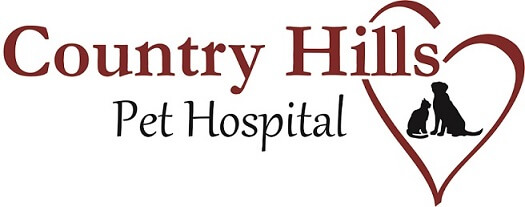
The month of October means pumpkin patches, trick-or-treating, dressing up in costumes, and eating lots of candy! While this may be a fun time of year for you and your family, there are hidden dangers that can pose a risk to your pet; one of those dangers is XYLITOL.
What is xylitol?
Xylitol is an artificial sweetener used as a sugar substitute in many common food and household products. Other sugar substitutes (aspartame, malitol, sorbitol) generally are not toxic to dogs.
Where could xylitol be hiding?
Products that may contain xylitol include:
- chewing gum, breath mints
- sugar-free candy (gummy bears, suckers, hard candy, etc)
- baked goods, drink powder
- some brands of peanut butter, ketchup, pancake syrup
- liquid medications, gummy vitamins
- toothpaste, sunscreen
- others
Always check the label of any food you feed to your dog (or that your dog ends up eating!) to make sure xylitol is not listed as an ingredient.
What happens if a dog eats something with xylitol in it?
Dogs rapidly absorb xylitol after they consume a product containing it. Signs of toxicity may start to appear within 10-15 minutes after ingestion, with vomiting usually being the first sign. Xylitol causes the dog’s body to release a large amount of insulin which then lowers the dog’s blood sugar dramatically, usually to a very dangerous level. Low blood sugar (hypoglycemia) can cause signs such as weakness, stumbling, collapse, tremoring, seizures, and even death. Another complication from xylitol is called hepatic necrosis, or death of liver cells, which can show up 12-72 hours after the xylitol was ingested. Hepatic necrosis can cause vomiting, icterus (jaundice, yellowing of the skin and eyes), black tarry stool, problems clotting the blood, bruising, neurologic signs, and even death.
What should I do if my dog ingests xylitol?
It can be very scary to see your dog exhibiting any of the signs listed above, but the best thing you can do is remain calm and get your dog to a veterinarian right away! There is no antidote for xylitol, but early supportive medical care is extremely important. This can include medications to raise blood sugar, maintain hydration, protect the liver, and prevent/treat seizures. Xylitol ingestion can be fatal, so seeking veterinary care right away may help save your dog’s life!
Please contact Country Hills Pet Hospital right away if you think your dog has eaten something that may have contained xylitol. Better to be safe than sorry!
